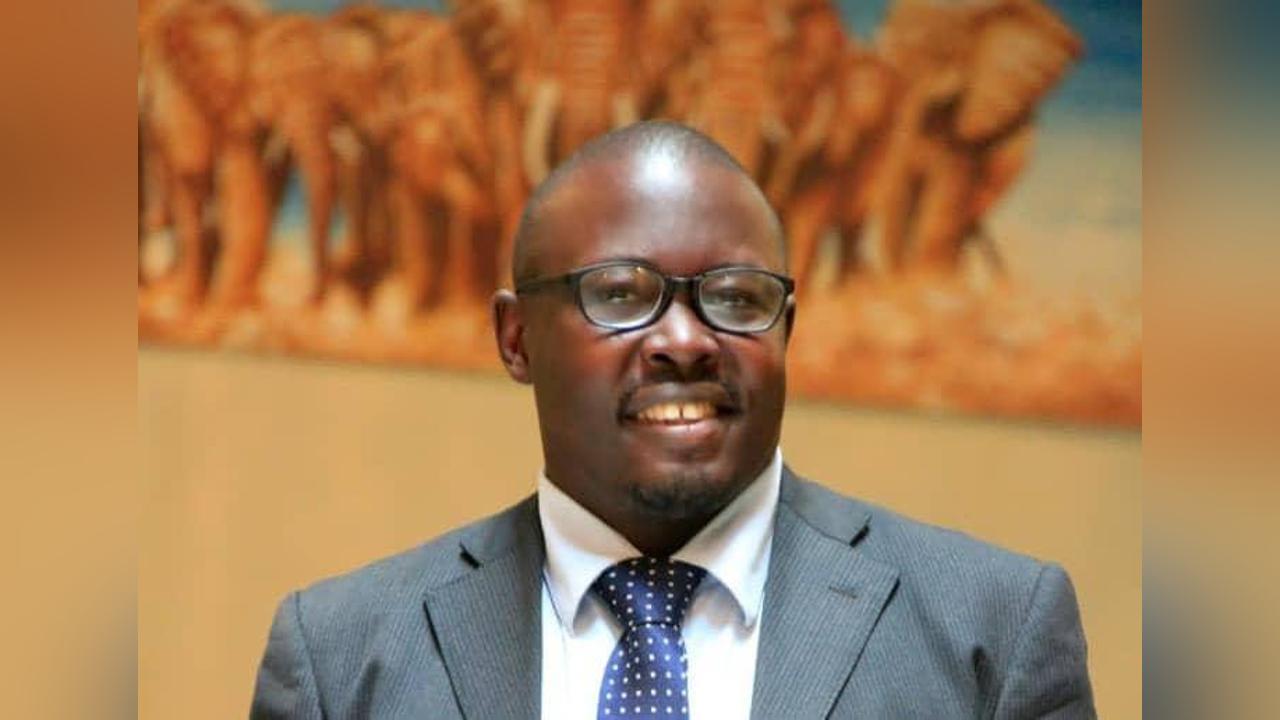By Isaac Christopher Lubogo
Africa-Press – Uganda. Andrew Mwenda’s recent broadside against European ambassadors cloaks itself in the garb of African sovereignty but reads more like a defence of unchecked state brutality. He weaves together legitimate historical grievances and seductive nationalism to build a fortress of rhetorical immunity—one that shields the state even when it turns against its own citizens.
The real philosophical question is this: can the language of sovereignty serve as a cloak for impunity? Is it just to invoke the sanctity of independence while silencing dissent, torturing journalists, and intimidating critics? Or is this a cowardice masquerading as patriotism, where the sword of the oppressor is hidden behind the flag of the oppressed?
Mwenda’s strategy is clear. He raises the spectre of Western hypocrisy—most recently the horrors in Gaza—to cast any external critique of Uganda’s human rights record as neo-colonialism. But this is a dangerous conflation. Historical injustice, however brutal, does not immunise present-day cruelty. Europe’s sins do not justify ours. The beating of a Ugandan journalist cannot be morally laundered by the bombing of Palestinians. To suggest otherwise is to mock the very logic of justice.
As Aimé Césaire once said, “No race has a monopoly on beauty, intelligence, or force, and there is room for all at the rendezvous of victory.” But Mwenda’s argument implies that because Europe has erred, Uganda must be left alone to do the same—unchecked, uncriticised, unaccountable. That’s not anti-colonialism. It’s nihilism.
Uganda is not a legal island. It is a signatory to international human rights instruments such as the Convention Against Torture and the African Charter on Human and Peoples’ Rights. These treaties transcend national borders. Sovereignty does not exist in a vacuum. Article 2 of the UN Charter balances non-interference with international responsibility. As the International Court of Justice has ruled, no state may invoke domestic law to excuse the violation of international obligations.
Mwenda’s claim that “Ugandans will solve their own torture” collapses under legal scrutiny. It is like arguing that a murderer should lead the investigation into his own crime, unobserved and unchallenged.
Even more telling is Mwenda’s selective outrage. He rails against Western diplomats but says nothing of China, whose “aid without interference” he praises. Yet Chinese loans are often opaque, their mining deals extractive, their diplomatic silence deafening on human rights. Why no accusation of neo-colonialism there? The answer is chilling: because in Mwenda’s worldview, silence is not complicity—it is virtue. But silence in the face of oppression is not neutrality. It is assent.
Ngũgĩ wa Thiong’o warned us in Decolonising the Mind that “to starve the struggle for freedom of criticism is to aid tyranny in native garb.” And that is precisely what Mwenda offers: a domesticated dictatorship defended with decolonial diction. He champions an intellectual tradition where the Western critic becomes the new coloniser, and any solidarity from outside is met with derision, not dialogue.
But anti-Westernism that lacks a pro-African ethic is not philosophy. It’s posturing. It is a tantrum dressed up as theory. True Pan-Africanism, as Kwame Nkrumah argued, seeks not merely to reject the West but to liberate the African spirit. “Freedom,” he said, “is not something that one people can bestow on another as a gift. They claim it as their own and none can keep it from them.”
When European envoys call out torture, that is not colonial arrogance—it is a reflection of democratic norms. And perhaps what Mwenda resents is the reflection, not the voice. It forces him to confront what patriotism has become: not a cry for justice, but a curtain for repression.
Mwenda’s final retreat is into the language of local agency. Ugandans must fight their own battles, he says. But when that battle is against a state armed with surveillance, guns, and propaganda, then external solidarity is not interference—it is oxygen. Desmond Tutu welcomed sanctions on apartheid South Africa. Mandela never rejected foreign condemnation. Why? Because justice demands allies, not isolation.
Today, Uganda’s human rights defenders are not only jailed but vilified. To tell them, “This is your battle, fight it alone,” is not a defence of sovereignty. It is abandonment.
What Mwenda proposes is not patriotism. It is its parody. He weaponises nationalism to excuse the inexcusable. He treats international concern as an insult, not a warning. But real patriotism confronts the sins of one’s own state. It does not bury them under historical analogies.
Is it colonial to ask why journalists are tortured?
Is it imperial to question why citizens disappear?
Is it foreign interference to wonder why a general tweets threats to diplomats?
No. That is not imperialism. It is democratic conscience.
Uganda deserves to be free not because Europe wills it, but because its people bleed for it. And that freedom demands scrutiny, solidarity, and the courage to speak the truth—especially when it is wrapped in the flag.
As Desmond Tutu said: “A man who is silent in the face of injustice has chosen the side of the oppressor.”
So to Andrew Mwenda, I offer this: your eloquence is undeniable. But when it defends power over people, history will not remember you as a thinker. It will remember you as a rhetorician of repression.
Mr Isaac Christopher Lubogo is a durist, defender of the people’s conscience.
For More News And Analysis About Uganda Follow Africa-Press






